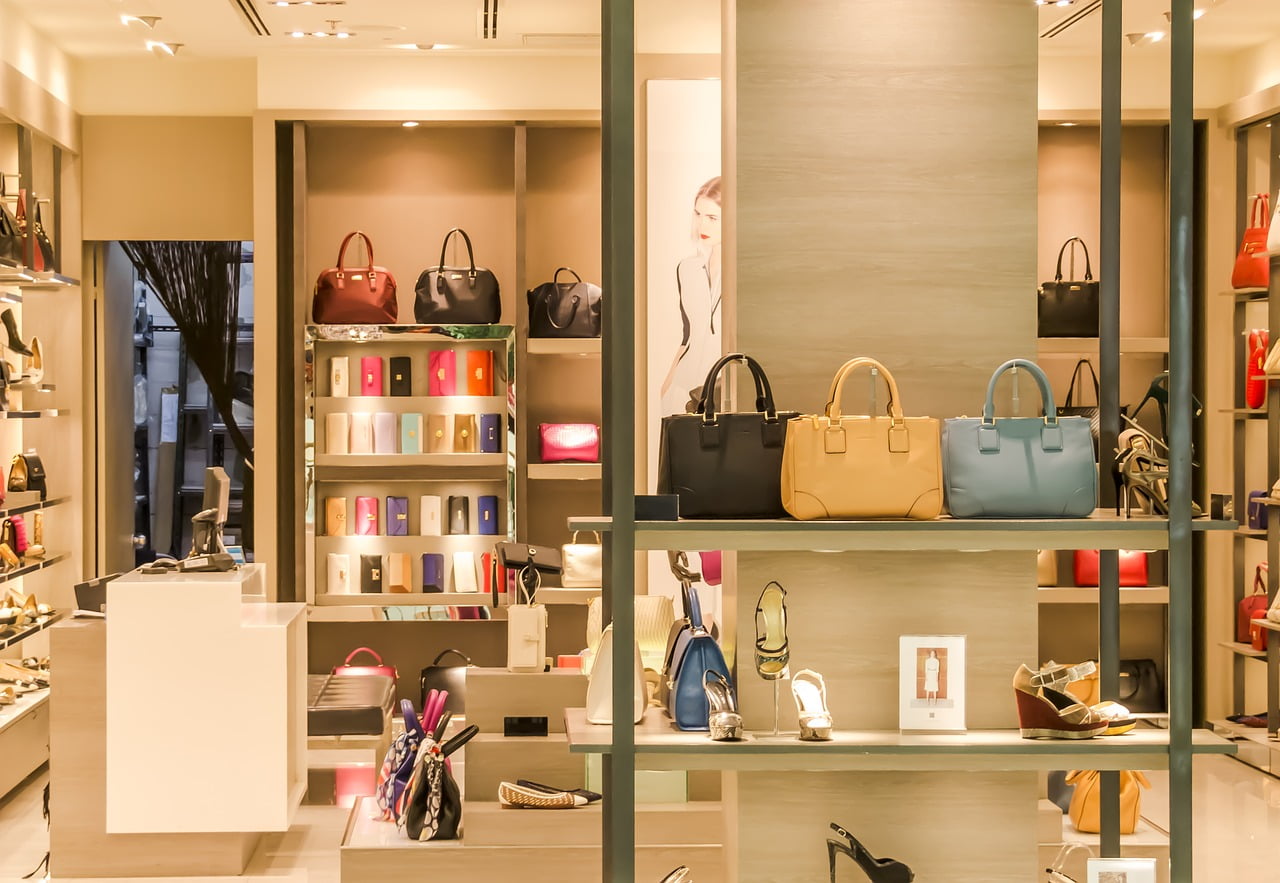Distinguishing between long-term trends that merely accelerated during the pandemic and short-term trends that may fade, is clearly something that analysts seek to work out in the finest detail. The retail industry is ready to continue it’s evolution and below we take a closer look at the most disruptive concepts right now.
Q1 2021 hedge fund letters, conferences and more
Like most industries, the business models and practices of the past are becoming increasingly redundant in the modern retail space. Digitization in retail is accelerating quickly and technology is playing an increasingly important role in this sector. Advanced technologies such as facial recognition, virtual reality and robotics are providing new ways for retailers to engage customers.
London Welcomes Cashierless Stores
Imagine this: walking into a store, selecting what you want and walking out again. No cashier, “just walk out shopping”. A few short years ago the concept of cashierless stores would have been completely foreign, but with the help of some sophisticated technology cashierless stores are starting to spread. Recently Londoners welcomed a third Amazon Fresh cashierless store. This store opened in White City and is located close to White City tube station.
Customers use the Amazon app to enter the store. A myriad of cameras and sensors tracks shoppers as they select and bag the items they desire. Items are charged to the shopper’s credit card that is on file and the sophisticated technology can even tell if an item is placed back on the shelf, making for accurate billing. The first Amazon Fresh store to open in the UK was in Ealing and Wembley Park Boulevard welcomed the second store.
Robots in Retail
Several examples of robots in retail can be found at present. The home improvement chain, Lowe’s, has a “LoweBot” in some stores that can answer simple questions and can assist with inventory monitoring. Walmart makes use of autonomous shelf-scanners while free-moving machines in Giant Food Stores quickly clean up spills. Amazon has been using robots in their warehouses alongside human workers and allegedly has more than 200 000 mobile robots working inside its warehouse network.
These robots liberate workers from routine, repetitive tasks. The real value of robots roaming in stores lies in the fact that these machines gather data at the “top of the funnel”. They can provide a more holistic view of consumer buying habits as well, based on what remains on the store shelves and what gets sold. According to the Harvard Business Review, “retailers will need to become even more agile in identifying microtrends in consumer behaviour to produce, distribute, and supply the goods and services that customers want right now.” Robots in retail will certainly be tasked with helping to identify these microtrends in the near future.
New Retail
The School of Disruption describes a “new retail” that is emerging. In the new retail environment the retailer is no longer the gatekeeper and each link of the value chain is being challenged. Consumers make use of intermediaries like marketplaces and aggregators or go straight to the manufacturer. Physical stores and malls are no longer shopping destinations and are re-imaged into entertainment destinations. With increased connectivity retailers have the opportunity to gain a deeper understanding of their customers. Real-time omnichannel analytics will play an important role to help deliver enhanced shopping experiences to customers.
The Rise of Mixed-use Developments and the Florida Boom
The property boom continues and is stronger in Florida than some states like New York. Mixed-use developments are multi-use, multi-purpose buildings that integrate residential, commercial and industrial uses. One such example of a mixed-use development was when Miami-based Tricera Capital redeveloped the Palm Beach Post newspaper office campus in West Palm Beach. The project began by demolishing a two-storey office building and bridge. The retail component has been branded as “Shops at the Press” while the office component is branded as “Workspaces at the Press”.
“Retail is reacting to the three megatrends of globalization, personalization and digitization. Retailers’ customers are increasingly coming from anywhere in the world via the Internet,” Harley Feldman, co-founder and CMO of Seeonic, Inc. stated. Feldman points out that retailers will use AI and cloud-based systems more and more.
Florida governor Desantis may be a contrarian but somehow, state policies seem to attract new startups at quite a pace. Starting an LLC in Florida will place entrepreneurs among some of the largest US retailing companies like Office Depo and Stein Mart. A significant number of regional, national and global restaurant chains have offices in Florida. Creating an LLC in the Sunshine State has an added benefit of personal assets being protected, as personal assets can’t be used to satisfy debts or liabilities incurred by the various transactions of the business entity. This state not only attracts tourists, but entrepreneurs as well.






